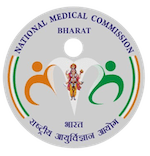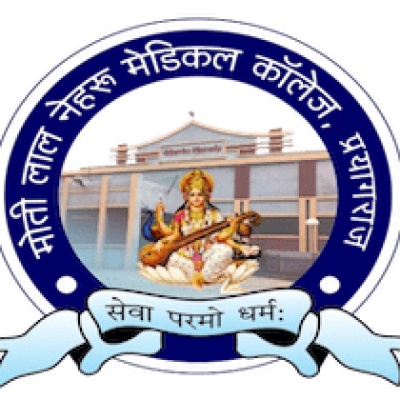MS (Master of Surgery)
MS (Master of Surgery)
A Master of Surgery (MS) is a postgraduate degree focused on advanced surgical training and education. The MS program is typically pursued after completing an MBBS or equivalent undergraduate medical degree and provides in-depth training in a specific area of surgery.
1. Introduction to the MS Program
- Program Objectives: Overview of the goals and structure of the MS program.
- Specializations: Description of different surgical specialties available (e.g., general surgery, orthopedic surgery, obstetrics and gynecology).
2. Advanced Surgical Training
- Clinical Rotations: Hands-on experience in various surgical departments, including general surgery and subspecialties.
- Surgical Techniques: Mastery of advanced surgical procedures and techniques relevant to the chosen specialty.
- Case Management: Development of skills in managing complex surgical cases and understanding preoperative, operative, and postoperative care.
3. Theoretical Knowledge
- Advanced Anatomy: Detailed study of anatomy relevant to the surgical specialty, including advanced dissection and imaging techniques.
- Surgical Pathophysiology: Understanding of disease mechanisms and their implications for surgical interventions.
- Pharmacology and Anesthesia: In-depth knowledge of drugs used in surgery, including anesthesia and pain management.
4. Research and Evidence-Based Surgery
- Research Methodology: Training in research design, methodology, and data analysis specific to surgical practice.
- Dissertation/Thesis: Conducting original research and writing a thesis on a relevant surgical topic.
- Evidence-Based Practice: Application of research findings to surgical practice, including critical appraisal of surgical literature.
5. Specialized Topics
- Surgical Subspecialties: Focused training in specific areas within the field of surgery, such as:
- General Surgery: Gastrointestinal surgery, endocrine surgery, trauma surgery.
- Orthopedic Surgery: Joint replacement, spinal surgery, sports medicine.
- Obstetrics and Gynecology: Minimally invasive gynecological surgery, high-risk obstetrics.
- Emerging Technologies: Exploration of new surgical technologies, techniques, and advancements in the field.
6. Teaching and Mentorship
- Educational Skills: Training in teaching and mentoring medical students, residents, and peers.
- Clinical Teaching: Opportunities to lead and teach in clinical settings, including supervising and training junior doctors.
7. Medical Ethics and Professionalism
- Ethical Principles: Advanced study of medical ethics related to surgical practice, including informed consent and ethical decision-making.
- Professional Behavior: Emphasis on professionalism in surgical practice, including patient interactions and teamwork.
8. Assessment and Evaluation
- Exams: Comprehensive written, practical, and oral examinations assessing advanced surgical knowledge and skills.
- Clinical Evaluation: Regular assessments of clinical performance through direct observation and feedback.
9. Leadership and Management
- Surgical Leadership: Training in leadership roles within surgical teams, including management of surgical departments and decision-making.
- Healthcare Administration: Understanding of healthcare systems, policies, and administrative responsibilities related to surgical practice.
10. Continuing Medical Education (CME)
- Workshops and Conferences: Participation in surgical workshops, seminars, and conferences to stay updated with the latest advancements.
- Professional Development: Opportunities for ongoing learning and skill enhancement in the field of surgery.
11. Conclusion and Certification
- Program Summary: Overview of achievements and key learning outcomes from the MS program.
- Certification: Awarding of the MS degree upon successful completion of all program requirements.
12. Additional Resources
- Recommended Textbooks: Key texts and reference materials for advanced study in surgery.
- Online Resources: Access to surgical journals, databases, and educational platforms.
- Support Services: Academic advising, research support, and career guidance.
The MS program is designed to provide advanced surgical training, preparing graduates for specialized practice and leadership roles in their chosen field of surgery.



